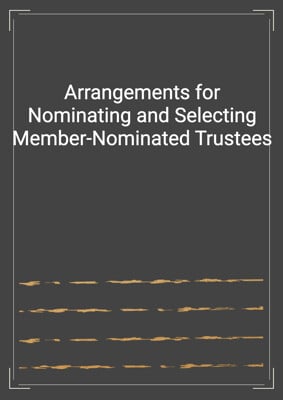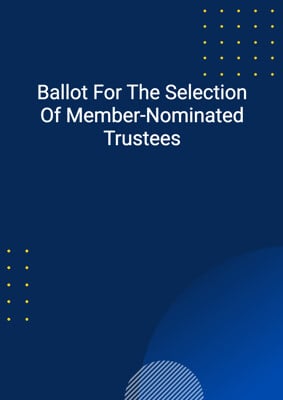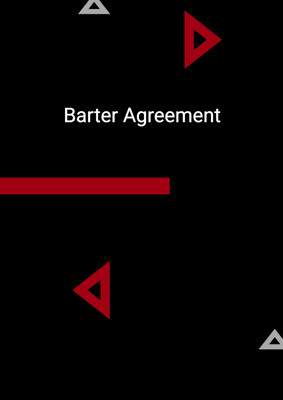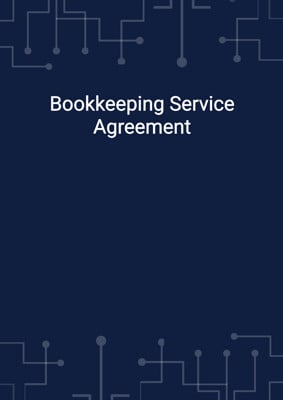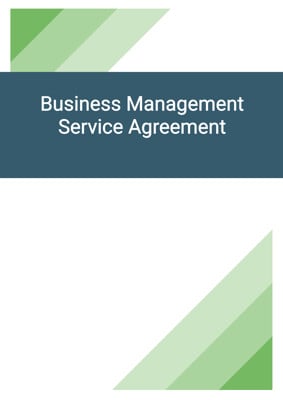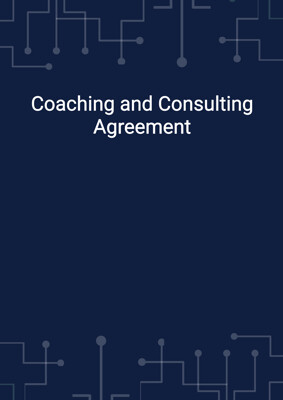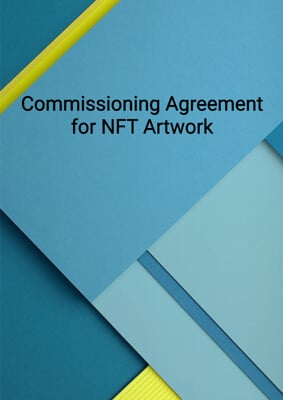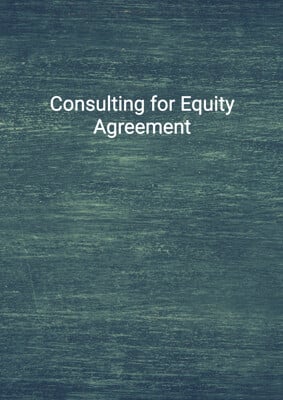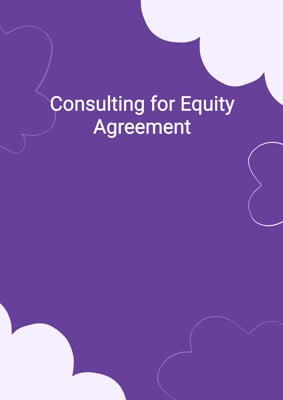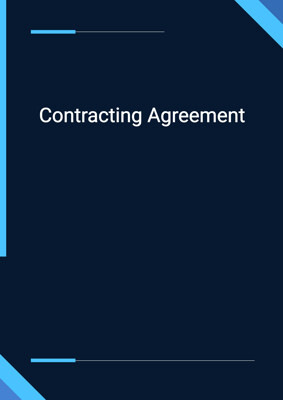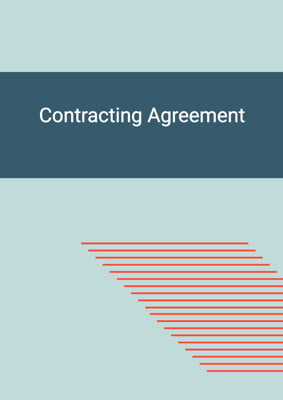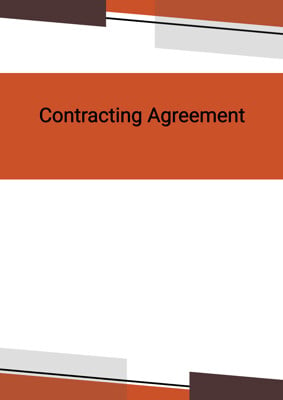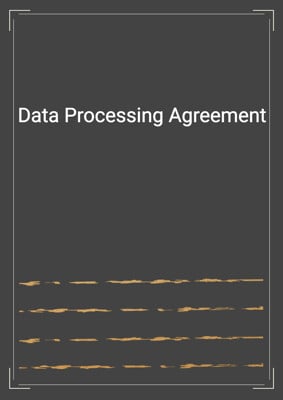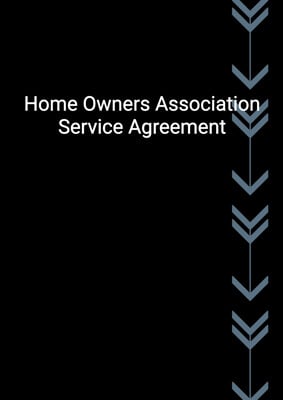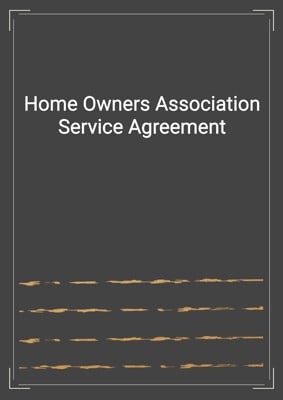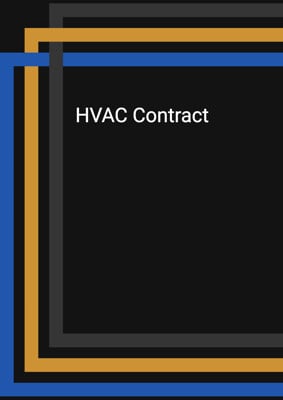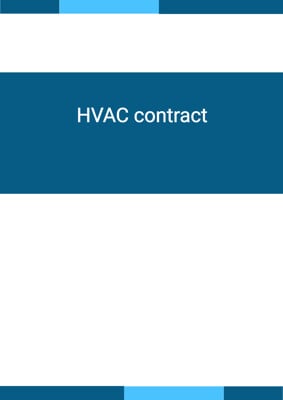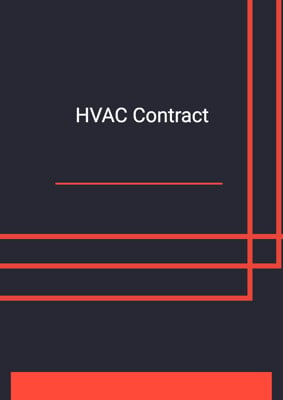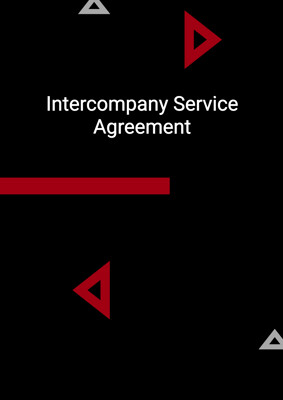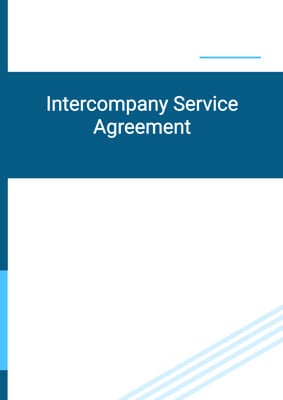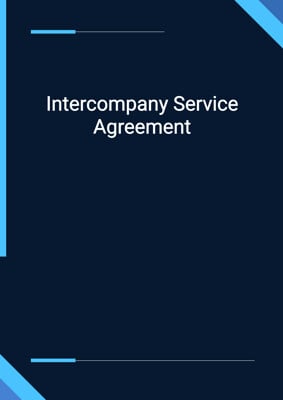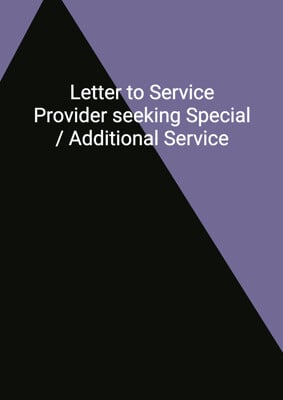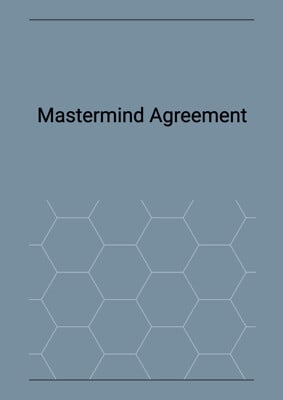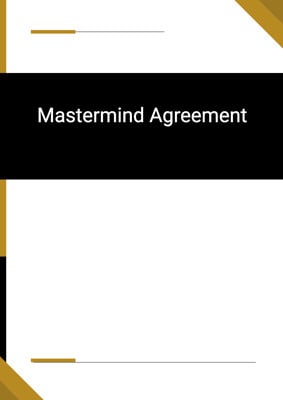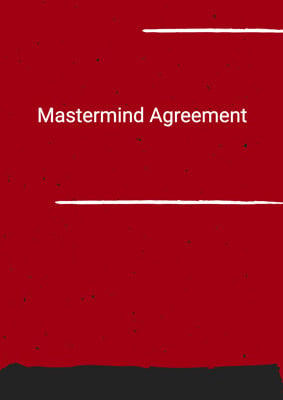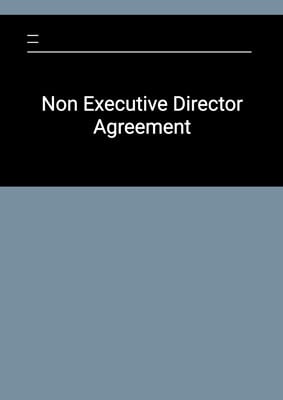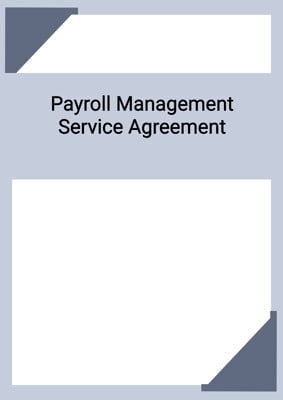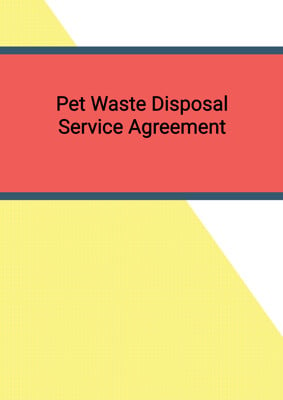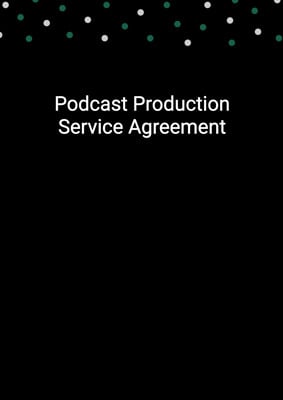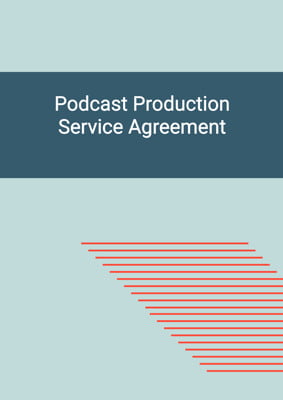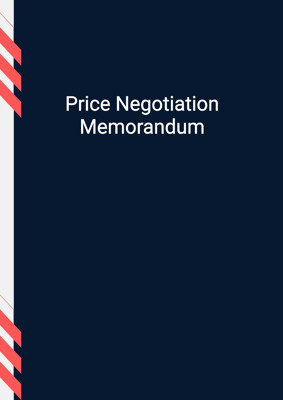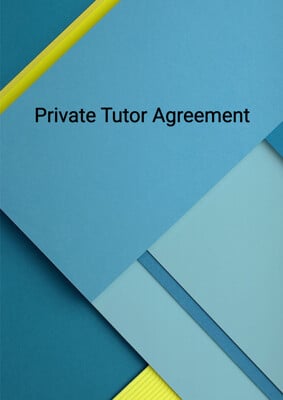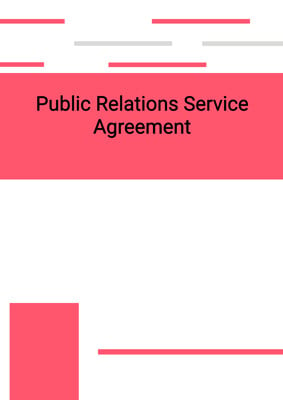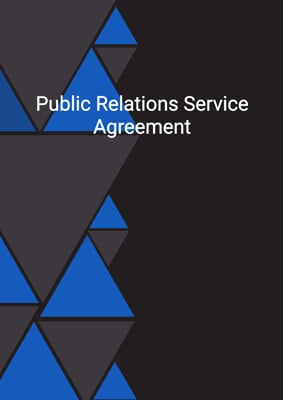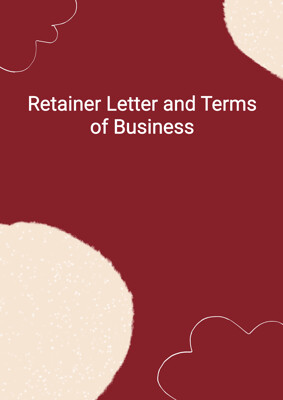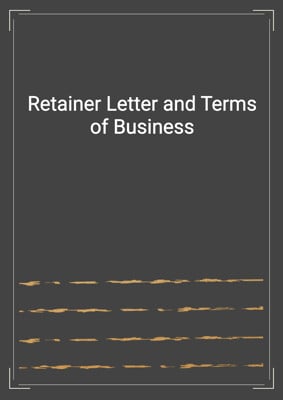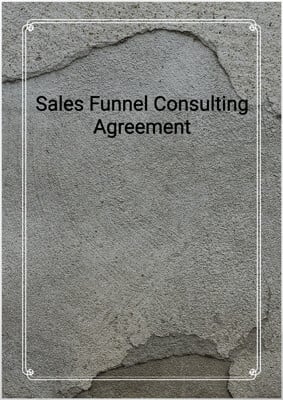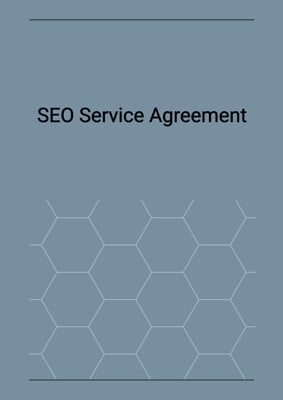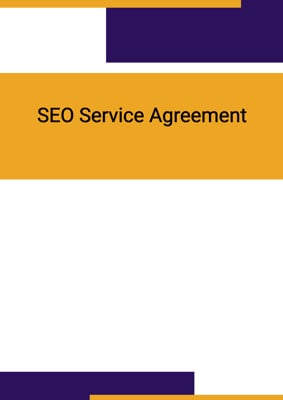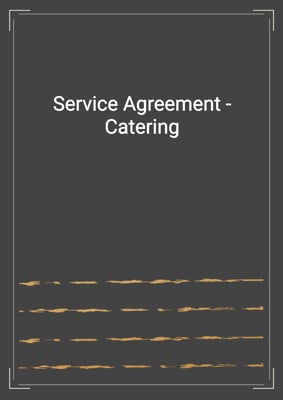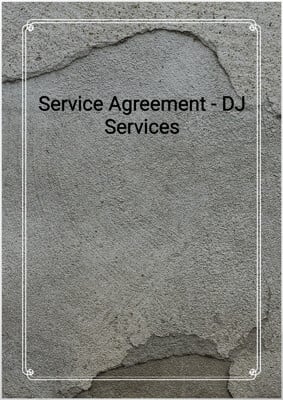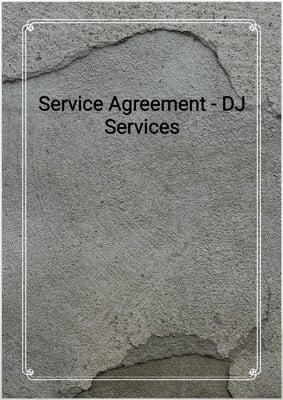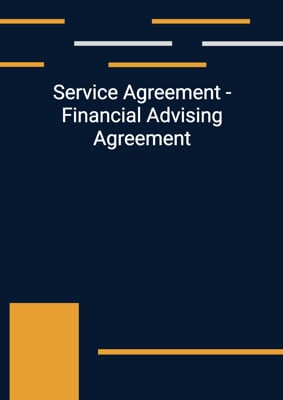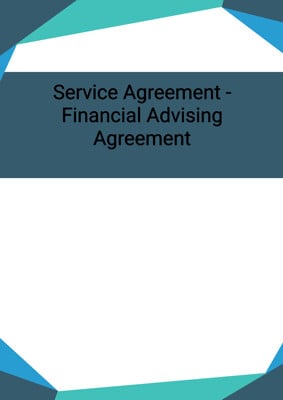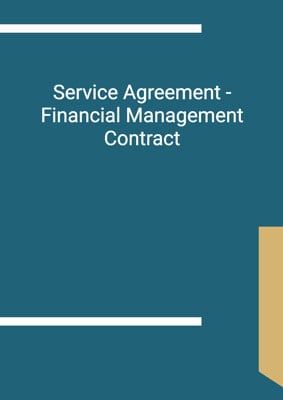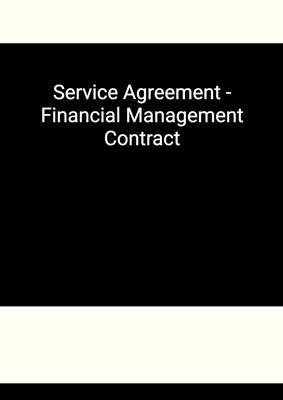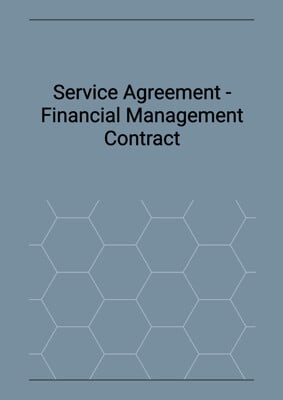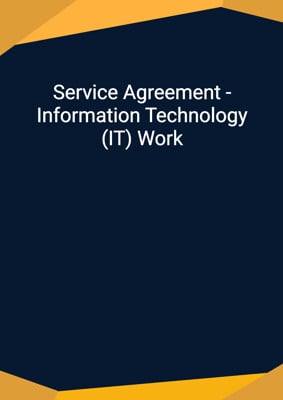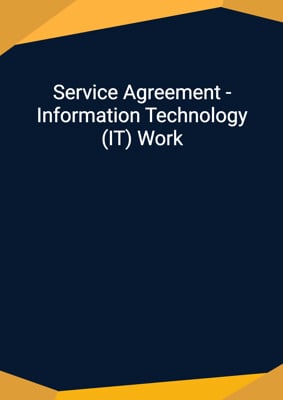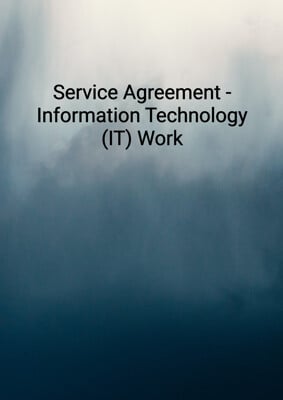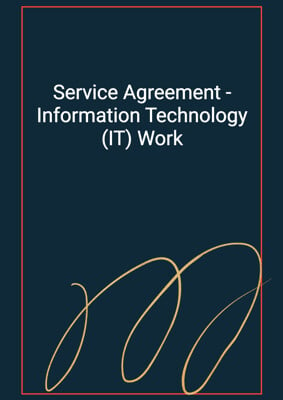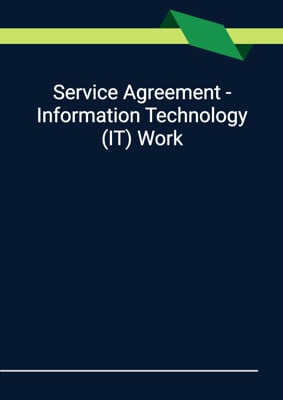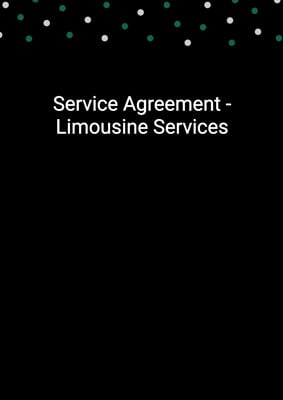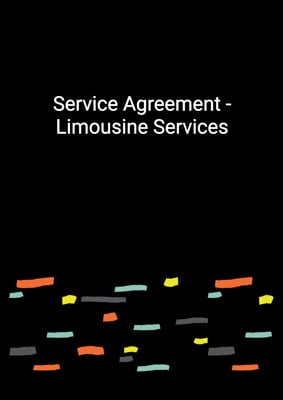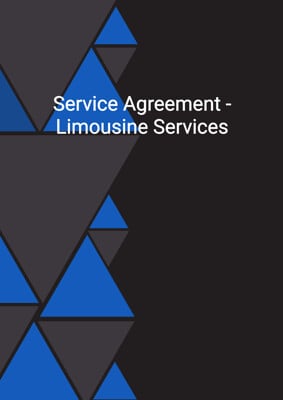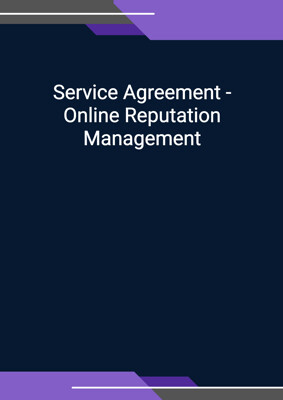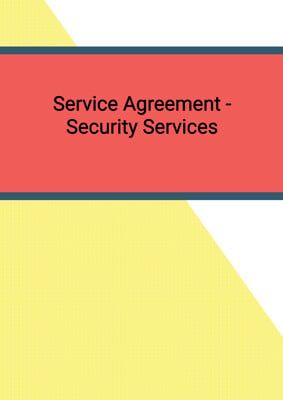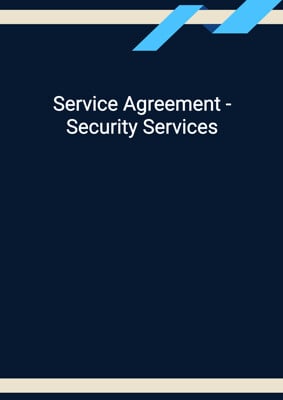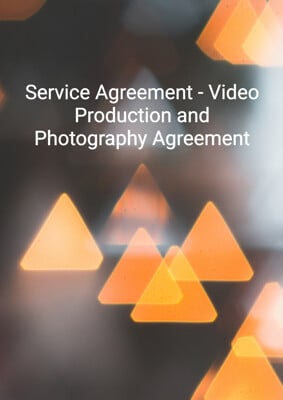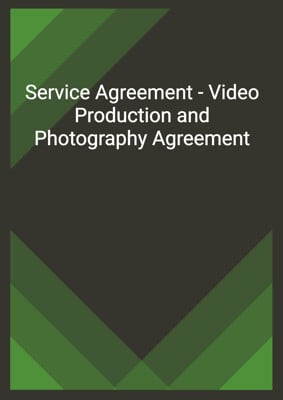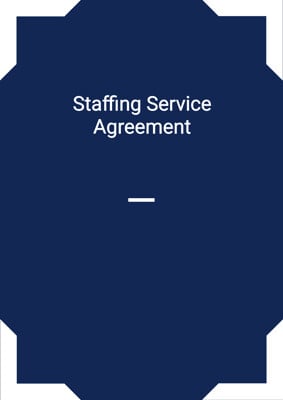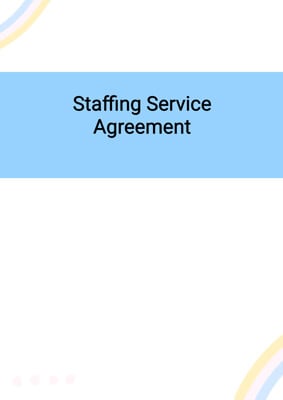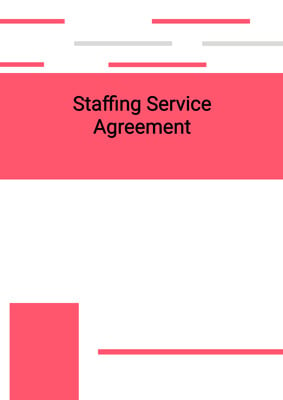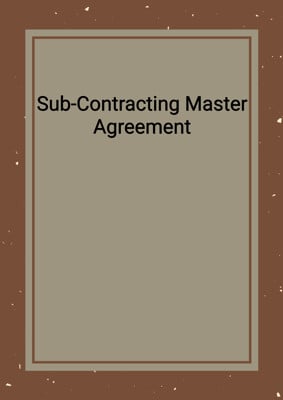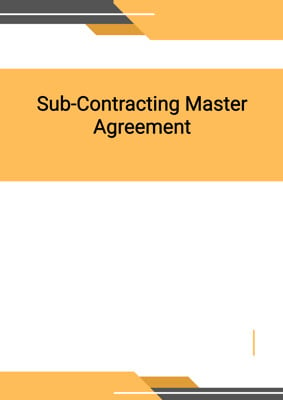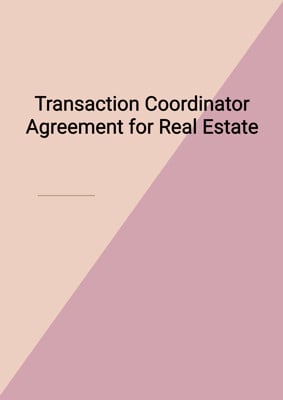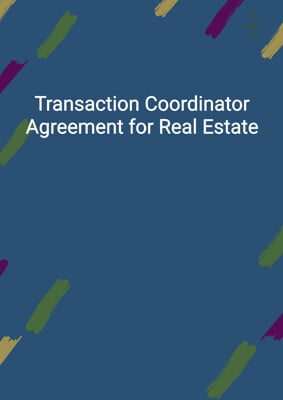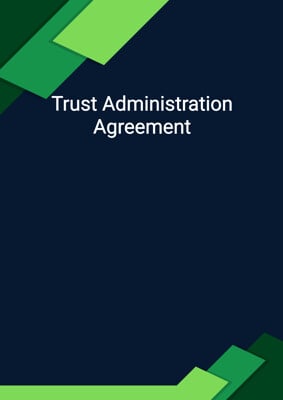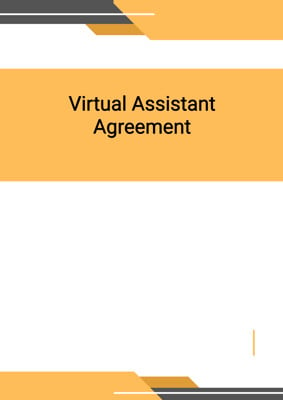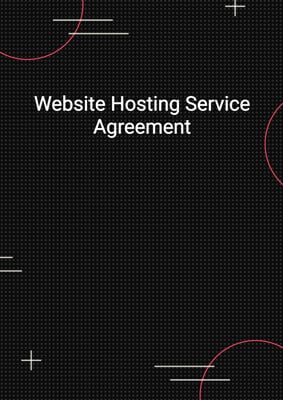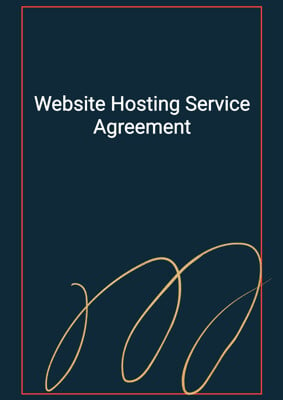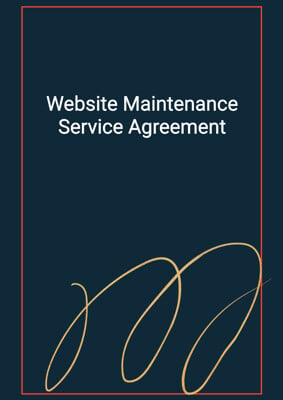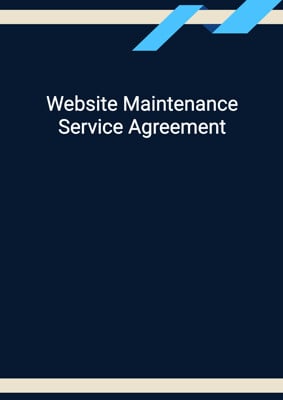How to Tailor the Document for Your Need?
01
Create Document
Fill in the details of the parties. You can click the "Fill with Member’s Information" button to complete it with information saved to your account.
02
Fill Information
Please fill in any additional information by following the step-by-step guide on the left hand side of the preview document and click the "Next" button.
03
Get Document
When you are done, click the "Get Document" button and you can download the document in Word or PDF format.
04
Review Document
Please get all parties to review the document carefully and make any final modifications to ensure that the details are correct before signing the document.
Document Preview
Document Description
The Speaking Engagement Agreement is a service agreement between the Speaker and the Event Host. The document outlines the terms and conditions for the Speaker to provide speeches and presentations at the event organized by the Event Host. The importance of this document lies in establishing a clear understanding between the parties regarding the scope of work, compensation, responsibilities, and other relevant details.
The entire document is divided into several sections, each serving a specific purpose. The first section is the interpretation, which defines key terms used throughout the agreement. This ensures that both parties have a common understanding of the terminology used.
The scope section outlines the main purpose of the agreement, which is for the Speaker to provide speaking services at the event. It clarifies that the Speaker is an independent contractor and not an employee of the Event Host. This section also emphasizes that neither party has the authority to bind or obligate the other party.
The event details section provides specific information about the event, including the date, time, and location. This ensures that both parties are aware of the details and can plan accordingly.
The compensation section specifies the payment terms for the Speaker. It outlines the fee payable to the Speaker for the speaking services and the schedule for invoicing and payment. It also addresses any additional expenses that may be incurred by the Speaker and the process for reimbursement.
The responsibilities and privacy section highlights the obligations of both parties regarding the disclosure of information. The Speaker is required to disclose their professional qualifications, which will be used for introductions and event materials. The Event Host is obligated to only disclose authorized information about the Speaker.
The facilities section outlines the facilities that will be made available to the Speaker at the event. This ensures that the Speaker has the necessary resources to deliver the speaking services.
The warranties and indemnities section establishes the obligations of both parties in case of any delays, problems, or complaints related to the speaking services. It also includes representations and warranties made by the Speaker regarding their qualifications and ability to perform the services.
The non-exclusivity section clarifies that the agreement is non-exclusive, allowing both parties to enter into similar agreements with other entities. This section ensures that the Speaker and the Event Host have the freedom to work with other clients or hire additional speakers.
The period section states that the agreement will terminate upon the completion of the speaking services at the event. It also outlines the circumstances under which the agreement can be terminated immediately, such as breach of material provisions or the death or disability of either party.
The cancellation section specifies the notice period required for cancellation and the consequences of cancellation by either party. It also addresses the refund of funds in case of cancellation.
The intellectual property section addresses the ownership of intellectual property rights in any proprietary information disclosed during the event. It clarifies that the Speaker retains these rights unless otherwise agreed.
The indemnification section requires both parties to indemnify and hold harmless each other against any expense, liability, loss, claim, or proceedings arising from personal injury or death caused by the other party's acts or omissions.
The survival section states that certain provisions of the agreement will survive its termination, ensuring that ongoing obligations continue to be binding.
The governing law section specifies the jurisdiction and governing law applicable to the agreement.
The counterparts section allows the agreement to be executed in multiple counterparts, with each counterpart considered an original.
The force majeure section addresses the parties' liability in case of failure or delay in performing obligations due to causes beyond their reasonable control.
The variations section outlines the requirements for any variation to the agreement and clarifies that variations do not constitute a general waiver of provisions or affect existing rights and obligations unless expressly agreed.
Overall, the Speaking Engagement Agreement is a comprehensive document that covers all aspects of the relationship between the Speaker and the Event Host, ensuring clarity, protection, and mutual understanding.
How to use this document?
1. Provide information: Enter the Speaker's and Event Host's information in the agreement, including their principal place of business. This ensures that both parties are clearly identified.
2. Specify speaking services: Clearly describe the type(s) of speeches or presentations to be given by the Speaker at the event. This ensures that both parties are aware of the scope of work and can avoid any misunderstandings.
3. Agree on compensation: Determine the fee payable to the Speaker for the speaking services and establish a schedule for invoicing and payment. This ensures that both parties are aware of the payment terms and expectations.
4. Address expenses: Discuss any additional expenses that may be incurred by the Speaker and establish a process for reimbursement. This ensures that both parties are aware of the expenses and the documentation required for reimbursement.
5. Clarify responsibilities and privacy: Define the Speaker's professional qualifications and how they will be disclosed by the Event Host. Establish guidelines for the disclosure of information to ensure privacy and authorization.
6. Confirm facilities: Identify the facilities that will be made available to the Speaker at the event. This ensures that the Speaker has the necessary resources to deliver the speaking services.
7. Establish warranties and indemnities: Address any potential delays, problems, or complaints related to the speaking services. Define the obligations of both parties in rectifying any issues that may arise.
8. Clarify non-exclusivity: Acknowledge that the agreement is non-exclusive, allowing both parties to work with other clients or hire additional speakers without approval.
9. Define termination conditions: Establish the conditions under which the agreement can be terminated, such as breach of material provisions or the death or disability of either party. Clarify the consequences of cancellation by either party.
10. Address intellectual property: Determine the ownership of intellectual property rights in any proprietary information disclosed during the event. Agree on any exceptions or additional agreements regarding intellectual property.
11. Ensure indemnification: Include provisions for indemnification, requiring both parties to hold each other harmless against any expense, liability, loss, claim, or proceedings arising from personal injury or death.
12. Specify governing law: Determine the jurisdiction and governing law applicable to the agreement. This ensures that both parties are aware of the legal framework governing the agreement.
13. Consider force majeure: Address the parties' liability in case of failure or delay in performing obligations due to causes beyond their reasonable control. Establish a process for handling such situations.
14. Allow for variations: Specify the requirements for any variations to the agreement and clarify that variations do not waive existing provisions or rights unless expressly agreed.
Not the right document?
Don’t worry, we have thousands of documents for you to choose from:


